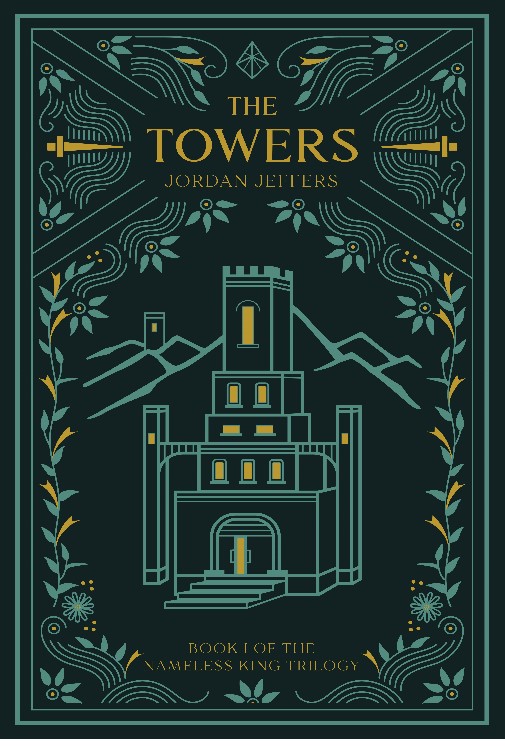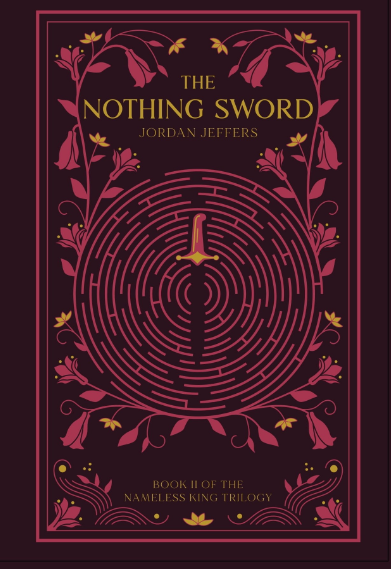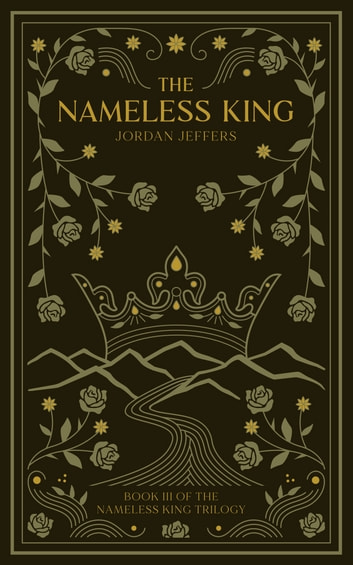As some of you know, I write an occasional column for McSweeney's Internet Tendency, "Speaking for all Christians Exactly Like Me." The column came about as a result of McSweeney's annual contest, which awards ten or so people with an opportunity to write for the site for a year. Today, I'm continuing an ongoing series of interviews with the other nine winners (or as many of them as I can track down and get to return my emails).
Today’s guest is Wendy C. Ortiz, author of the McSweeney's column "On the Trail of Mary Jane." You'll probably figure this out on your own, but my questions and responses are in italics.

JJ: I guess I'll start with a couple of political questions, given the topic of your column. What do you think of the current drug policy in the US?
WO: I vacillate between decriminalization of many (not all) drugs and just a simple change in approach by which people are treated justly and fairly for crimes involving drugs. I'm certain that I don't agree with standard drug policy as is.
JJ: What drugs would you want to keep criminalized? As a resident of the Midwest, the strongest argument for me against decriminalization of hard drugs is meth. It seems to be about the fastest way to ruin your life. Though this is coming from someone who has never consumed anything stronger than a Trappist ale.
WO: Have you read Methland? What an incredible book. Yes, meth is harsh. Heroin is harsh. I have a hard time imagining decriminalizing these two. And then there are the legal drugs that have a hold on so many people: prescription drugs, for example. I have lots of ambivalences here.
JJ: I have not read it, though it looks pretty good. And that hits more at the heart of where I'm going with this. Meth doesn't just ruin people's lives, it ruins whole towns, whole counties. How do you think medical marijuana dispensaries affect the communities they are in?
WO: It remains to be seen. From my own journeys into the nine dispensaries and one prescribing doctor, and taking a cursory look at the surrounding neighborhoods, these businesses don't appear to negatively affect the communities they're in, and yet it would take a lot more research to learn if this is true. I can only speak from what I see, and at face value, I don't see outright harm. What I'd love to do is look at this more deeply, with the help of existing data about the neighborhoods and in conversations with residents. That, however, is another different and larger project.
JJ: So who do you think of as your audience?
WO: As much as I'd like to say I don't think of my audience, I do. It depends on the venue, though. The audience I imagine for my memoir coming out this summer (aside from GENERAL and WIDE, hopefully) are young women like myself, who were once 14, 15, 16 years old, trying to navigate potentially dangerous situations.
The audience I think of for my McSweeney's column is composed of people who have not stepped foot inside a medical marijuana dispensary but have a curiosity about them, what goes on inside them.
The audience of my second book coming out later this year might be poets, artists and others who've lived on their own and struggled with trying to make money and do their art for the first time in an earnest way. My perfect reader is one who is open, with a strong sense of curiosity.
JJ: So I'm curious about that first sentence. Why would you like to say that you don't think about your audience? Do you find it restrictive in some way? Mostly I ask because I've always viewed my writing primarily as communication, rather than, say, expression or even art, broadly conceived. I usually find that I can't even start writing until I have an audience in mind, even if it is only a single person that I know. And by "person that I know," I mean "person I am married to."
WO: It seems freeing to write with no thought of audience, but I do write with an audience in mind, whether it's me (past or current versions of self), one other writer (usually someone I admire or have a connection with), or a readership of an established literary journal.
JJ: Why do you write? And how'd you get started writing?
WO: There have been times when I have found myself without enough time, space or energy to write and during those times I have felt a malaise which, at its worst, had me feeling nearly suicidal (luckily I can say the last time I felt this way was many years ago). I would joke and say it made me homicidal but what I really meant was, I don't know if I want to live if I can't write.
I started writing for a general audience when I created my first zine in second grade. My mother photocopied it at work for me, and I tried to sell it for 25 cents to my classmates.
JJ: That's a pretty stiff price for second grade. What did you write about in it?
WO: I don't remember. But I do remember the cover being a hand-drawn picture of the interior of a box of chocolates.
JJ: When you're not working on your column, what do you do?
WO: I'm a registered marriage and family therapist intern, which means I provide psychotherapy to clients in a private practice setting under the supervision of licensed therapist. I set fees at the local nonprofit counseling center where I received much of my training. These jobs take up about ten to twelve hours of my work week. I'm also what is known as a "stay at home mother" though I'd hardly say I "stay at home." I go to parks, museums, and other places my three-year-old loves. I write, occasionally teach creative writing to undergrads, and run the Rhapsodomancy reading series.
JJ: Do you like teaching the creative writing classes? I find a lot of the people I know who do that sort of thing are rather ambivalent about their jobs.
WO: I am totally, utterly ambivalent. Yep. I love teaching, I have been told directly and in student evaluations that I'm a great teacher, but the amount of energy and work that goes into it is not compensated fairly or well, I find.
JJ: What's the last book you read that you loved, and why did you love it?
WO: I can't just include one book, so let me list a little. The last three books I read and loved: Meatheart by Melissa Broder; The TV Sutras by Dodie Bellamy; and Ditch Water by Joseph Delgado. The first and the last mentioned are poetry. I'm doing a spree of Melissa Broder books right now. I will read anything Dodie Bellamy puts out because she is amazing, and I'm hooked on the tweets of poet Joseph Delgado, so a book of his poetry was like eating a meal after many many delicious appetizers.
JJ: I read Bellamy's The Letters of Mina Harker a couple years ago. It was one of those books where I felt like I was missing half of what was going on, but it was weirdly fascinating anyway. The cover still freaks out my wife.
So last question, that I like to ask everyone. Let's say that somebody you loved was going to enter the McSweeney's column contest next year. What advice would you give them?
WO: First, I'd assume they're familiar with McSweeney's. Then I would ask them, what would you want to write even if it wouldn't appear in McSweeney's? What kind of ongoing writing project would interest you enough that you'd want to write it monthly for a year and not know if anyone would pick it up?
JJ: Bingo. That's exactly the way that I approached it when I decided to enter. I thought about my own site, and the sort of thing that I thought was missing. Really, I used the process of entering the contest as a way of developing a repeatable concept that I wished I could read.
WO: Right? And have you suddenly come up with more ideas for columns? I have at least a couple, after this experience.
JJ: Good. We'll have something to look forward to then.
Wendy's new book Excavation: A Memoir is now availabe.



